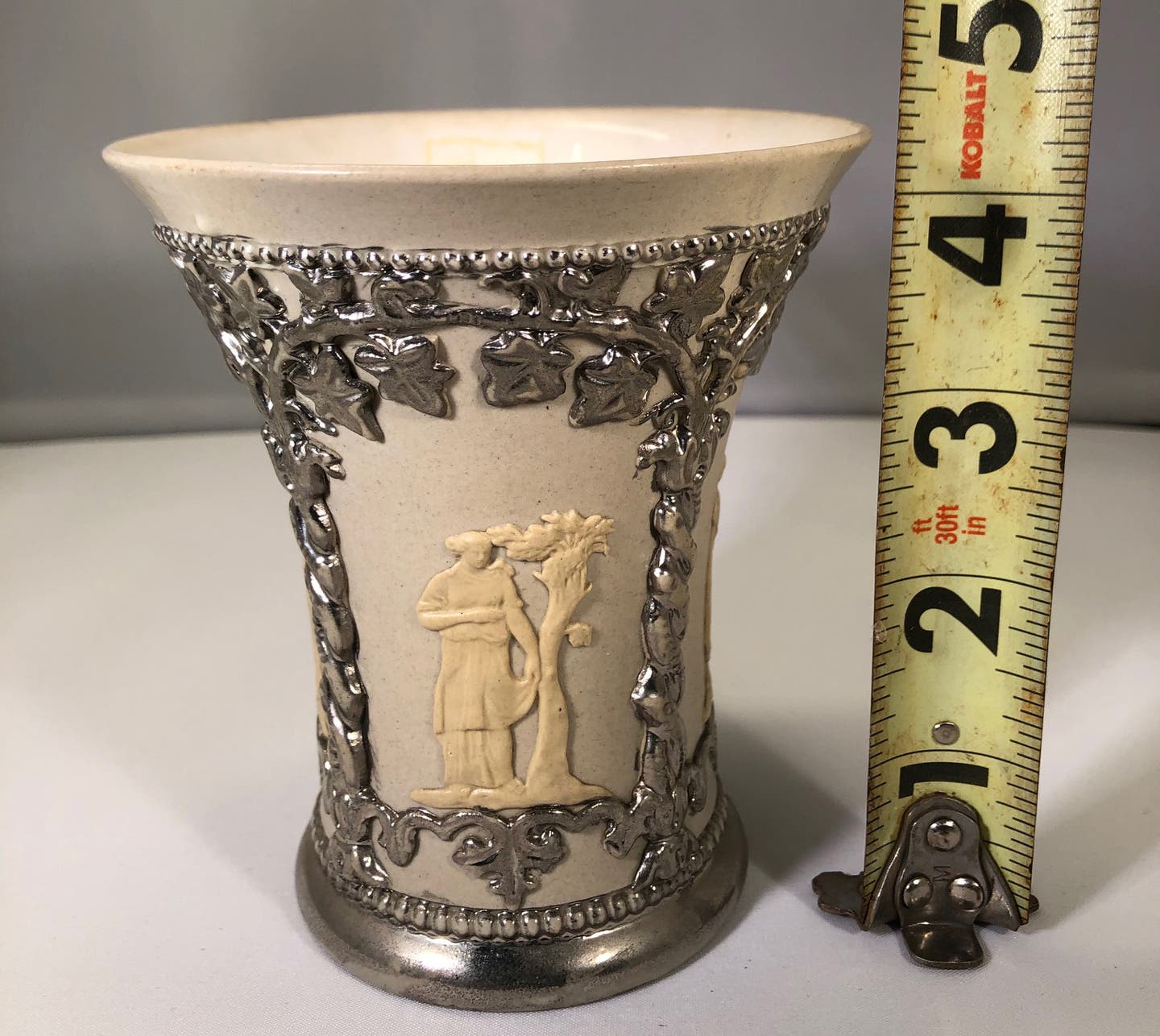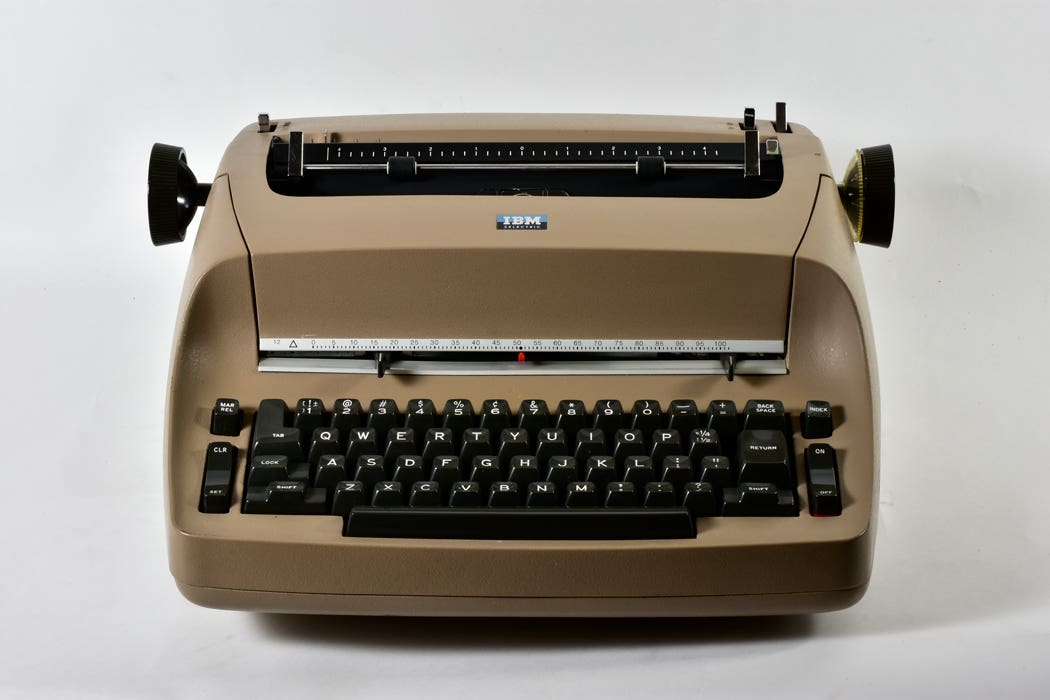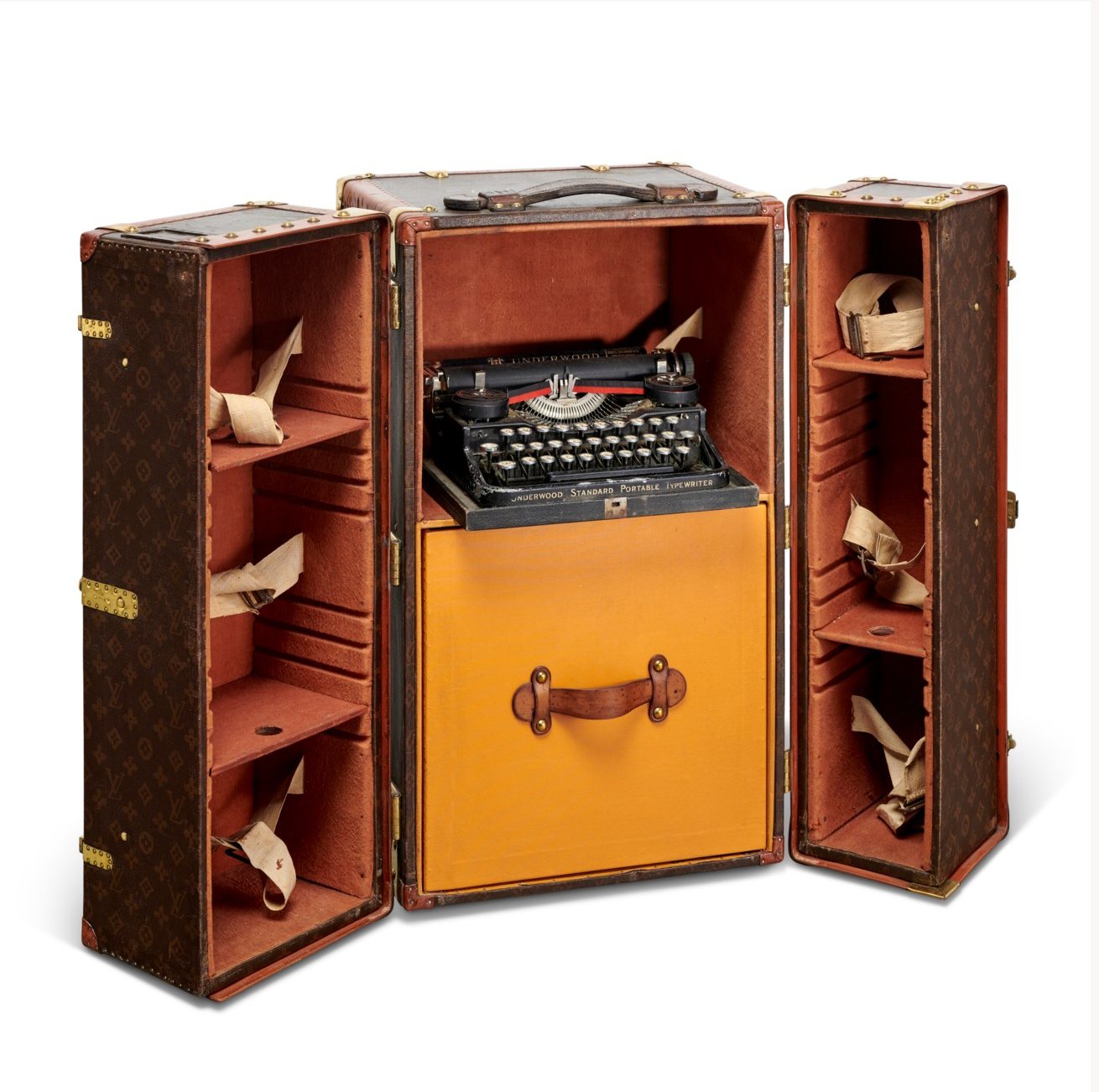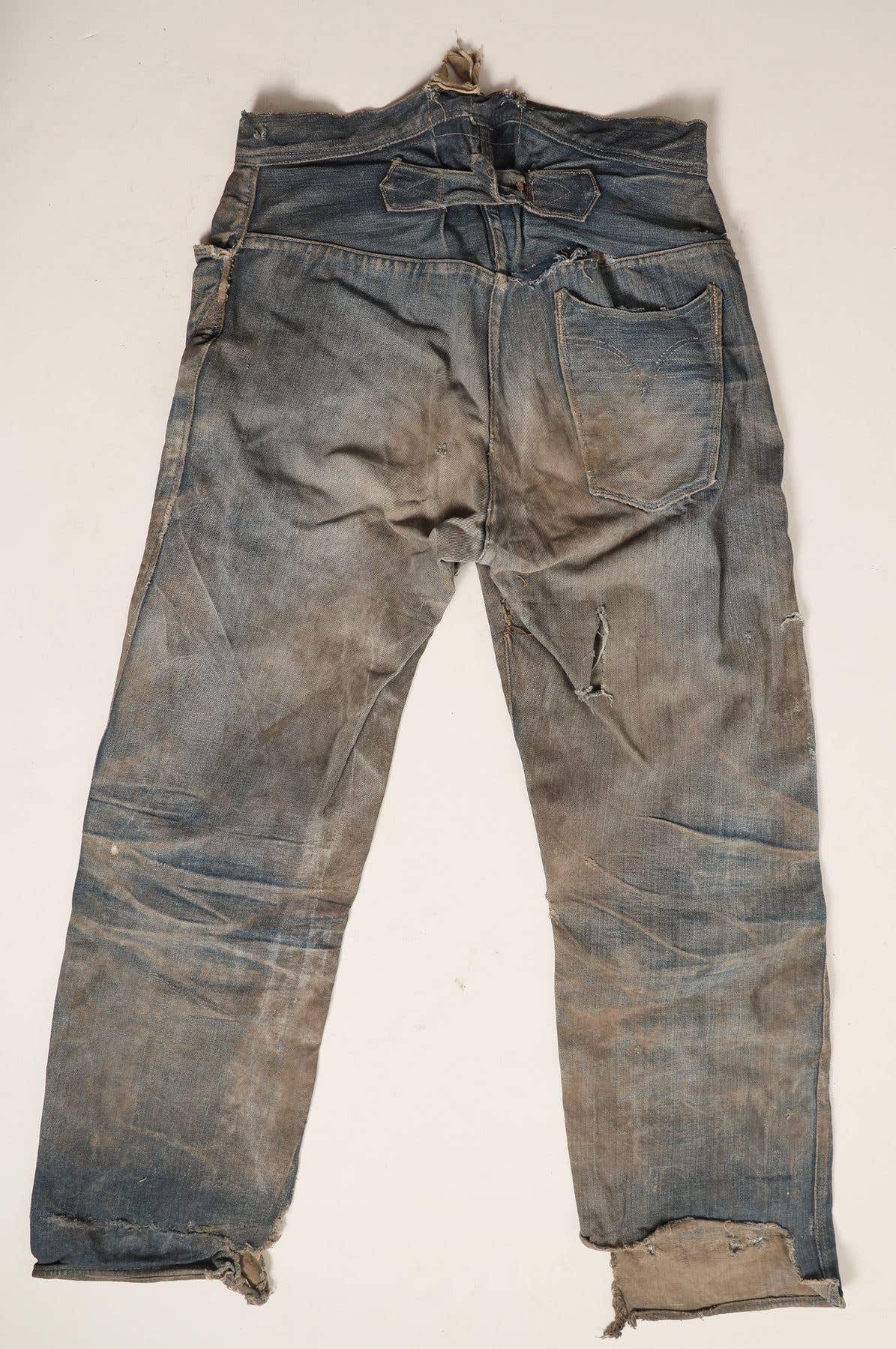Dealer implications of Calif. autographed memorabilia law
Wayne Jordan sheds some light on the new and controversial California law regarding the sale of autographed memorabilia. Among the wide-reaching points of this law is that it isn’t necessarily limited to residents of California.
I just read California’s new autographed memorabilia law, “AB-1570 Collectibles: sale of autographed memorabilia” [http://bit.ly/2dvAhOm]. It brings to mind the line that became a catch-phrase for 1930s comedy virtuoso Oliver Hardy: Delivered to his partner Stan Laurel whenever the duo found themselves in a tight spot, the line was this: “Well, here’s another fine mess you’ve gotten us into.”
Fine mess indeed.
There hasn’t been so much consternation among antique and collectibles dealers since last year’s hubbub regarding the sale of ivory. Following the government's issuance of the initial regulation of the ivory, the issue took more than a year to sort out. Hopefully, California legislators will review and clarify AB-1570 before this legislative mindset becomes viral and infects statehouses across America. As a dealer commented on Amazon’s Seller Central forum, “if it started in California then it will be a National Law in a year or more. Get used to it.”
Let’s have a look at the autographed memorabilia bill, examine a few of the concerns that dealers have expressed, and attempt to seek an understanding of the matter.
Upshot of California's Autographed Memorabilia Law
• Any dealer (natural person or legal entity) selling to consumers in California, or who operates in California, that sells autographed memorabilia at a price exceeding $5 or more must provide a certificate of authenticity (COA) for the item being sold.
— The new law requires that any representation – either oral or in print – made regarding an autographed item be supported by a COA. The details of what must be included in a COA (including the size of the typeface) are detailed in section (9) of the law.
• Dealers must post a disclosure near autographed items or within printed or online material stating that the dealer is required to issue a COA in conjunction with the sale of each item.
— Dealers must be surety bonded to protect against errors and omissions, and in possession of a State resale certificate.
• The dealer must list on the COA the name and address of the person who sold him the item.
— Dealers must store COAs for seven years.
Dealers who fail to issue a COA, or who issue fraudulent or false COAs face penalties of “actual damages (plus) a civil penalty in an amount equal to 10 times actual damages, plus court costs, reasonable attorney’s fees, interest, and expert witness fees, if applicable, incurred by the consumer in the action. The court, in its discretion, may award additional damages based on the egregiousness of the dealer’s conduct ... in addition to any other remedy that may be provided by law.”
The law goes into effect in January 2017.
Potential Impacts
Clearly, unless the California legislature re-visits the law and makes the language less broad, lawyers are going to have a heyday with this. Frivolous lawsuits will abound as con-men try to cash in on COAs that aren’t up-to-par. California Mom-and-Pop antiques dealers will cease to carry autographed items, and specialty sellers will move out of the state. Online sellers will cease to sell to customers in California. I’m sure that none of these consequences were what legislators had in mind when they passed the law. However, experience with other such broadly worded legislation indicates that such results are commonplace.
AB-1570 will affect a wide range of autographed items, including those offered by:
• Booksellers
— Memorabilia sellers
• Art dealers
— Auctioneers and estate tag sale companies
• Consignment shops
Estate executors and administrators will also need to supply their names and addresses to dealers for inclusion in an item’s COA. Per section 8, dealers must “Indicate whether the item was obtained or purchased from a third party. If so, indicate the name and address of this third party.”
Understanding Implications of Autographed Memorabilia Law
At this early stage, dealers are trying to grasp what the legislation means for their businesses. Misinterpretations abound, with these two being the most common:
1. If I operate in California, I can sell my items in other states without providing a COA; or, if I live elsewhere and sell in California I don’t have to provide a COA.
Nope. If you do business in California, the law applies to you; see Section (4) (A) and pay particular attention to the phrase “in or from this state,” as well as all the other “ors” that connect the sentences.
2. The law excludes online marketplaces such as eBay.
Yes, it does, but it only excludes the marketplace itself from liability, not the dealers who sell on the marketplace.
Dealers' Early Response
The “dealer assault” against AB-1570 is being led by former Fine Books editor Scott Brown. Now proprietor of Eureka Books in Eureka, California. Says Brown: “Each year, we sell more than a thousand books signed by local authors; every one of these will need to have an accompanying COA. In odd-numbered years, we sell books for the Humboldt County Children’s Book Author Festival. In 2015, we sold 1,605 signed books to benefit the festival. That’s 1,605 COAs, to be filed and stored for seven years.” [http://bit.ly/2dNBCxF]
In addition to the onerous paperwork required by the bill, Brown states that the bill requires an invasion of privacy that won’t be tolerated by many consumers: “We probably have a couple of thousand signed books in stock. Under this law, we now have to reveal where they came from. I am
quite certain that no one who has sold us books wants that information made public on a COA that can end up on eBay or elsewhere on the Internet.” [http://bit.ly/2cRlddl]. Commentator Brian Doherty at Reason.com [http://bit.ly/2cWBf2g] spoke with a California “legislative source who asked not to be named” who asserts that booksellers needn’t be too worried about the bill, because according to the language, “dealer” means a person who is “principally in the business of selling or offering for sale collectibles.” The word “principally” is the key to interpreting the law, according to the source.
Further Consideration
Well, that wording might set booksellers at ease, but certainly won’t provide any comfort to antique and art dealers. Many of which have stock-in-trade in selling collectible items, autographed or not. Such dealers are certainly “principally in the business of selling or offering for sale collectibles.”
I understand that the intention of the legislation was to curtail autographed memorabilia fraud. In sports memorabilia alone, fraud costs consumers more than $500 million annually. Consumers' best interests where in mind when legislators and Governor Brown passed the legislation into law. But, this is sloppy legislation and not good for our industry. In addition to the burden of paperwork, exposure to frivolous lawsuits is scandalous, and should not be tolerated. I encourage California dealers to contact their local legislators and dealers in other states to keep tabs on their states’ legislative agenda. And act aggressively to short-circuit any attempt at passing similar legislation.
Longtime columnist, writer, and author, Wayne Jordan is an antiques and collectibles expert, retired antique furniture and piano restorer, musician, shop owner, auctioneer, and appraiser. His passions are traveling and storytelling. He blogs at antiquestourism.com and brandbackstory.com.








